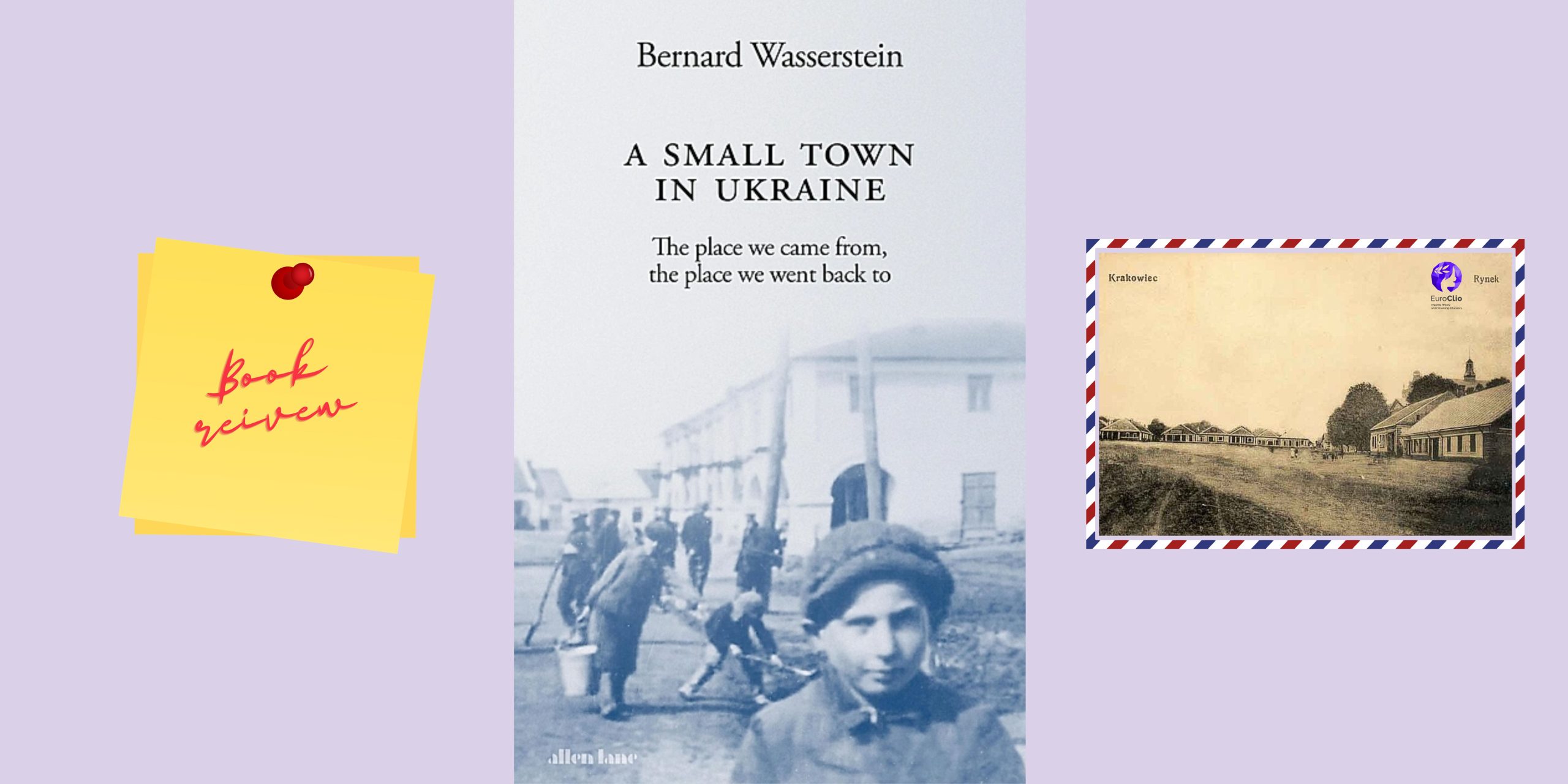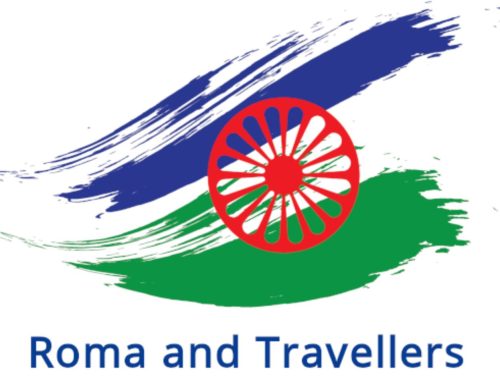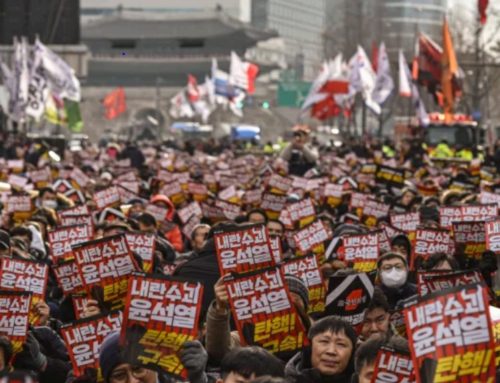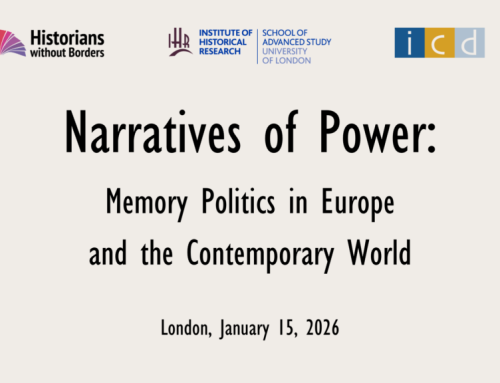What can happen in a tiny town deep in Eastern Europe? Nothing much—just boredom and poverty. Recall Gogol’s Mirgorod with its puddles—’life is dull in this world, gentlemen.’
But not for nothing did Gogol write about Mirgorod—within a dull town, a whole world can be reflected. Historian Bernard Wasserstein, of course, is not Gogol, but his book about a tiny place called Krakovets captures such an array of grand and terrible historical events that it simply takes your breath away.
The book is called ‘A Small Town in Ukraine: The place we came from, the place we went back to.’ In fact, over the past two and a half centuries, Krakovets has been Polish, Austrian, Soviet, Ukrainian. Its residents have experienced the partitions of Poland and welcomed the visit of Austrian Emperor Franz Joseph; the Red Army and Babel came here with the Konarmia. Here fought the Bolsheviks, Petliurists, supporters of the West Ukrainian Republic, and Pilsudski’s troops.
Here, the fascists, with the active help of the local population, destroyed almost all the Jews—including the author’s grandfather, grandmother, and aunt. Here fierce battles raged between Ukrainians and Poles, and from here hailed Roman Shukhevych, commander of the nationalist Ukrainian Insurgent Army (UPA).
Today, it is one of the main transit points through which Ukrainian refugees cross into Poland.
Bernard Wasserstein has spent many years researching the place from which his ancestors came. He tells of a beautiful and vanished palace, built by the Polish magnate Ignatius Cetner in the 18th century and the exotic park that surrounded it. He tells how the Jews living in Krakovets (who made up the majority of its population in the 19th—early 20th centuries) managed not only to trade eggs but also to export them to Germany and England, preserving their freshness.
He knows the name and has photographs of the man from Krakovets who first hid his relatives, then betrayed them, and eventually lived out his days peacefully in the town.
In this book, a wonderful balance is found between ‘big’ history — of the Austro-Hungarian and Russian empires, Poland, Ukraine, World Wars — and ‘microhistory’ with its many human fates. And it is far from only the author’s relatives.
It tells of Ignatius Cetner, who by his order created a miracle park, and of his daughter Anna, who in the 18th century chose for herself one after another FOUR husbands and even considered whether to return to her first husband because he was better than the third…
Here is the story of the author’s father, who managed to get out of Berlin to Italy, and then miraculously reached Turkey—simply because in Rome the all-powerful Wlodzimierz Ledochowski spoke a word for him. This cardinal is famous for having ‘held back’ for several months the text of a message condemning anti-Semitism, which Pius XI had wanted to issue. However, because of this delay, the Pope did not manage — he died before it was issued. And this very same cardinal, known for his anti-Semitism, helped a Jewish boy get a passport because both had links with Krakovets!
There is the story of Jews who hid from the fascists for several years in the forest—and survived, and the heart-wrenching description of the liquidation of the Yavoriv ghetto, and the story of an SS officer’s wife who saw six half-naked children on the road, brought them home, fed them, and then took them to the forest and shot them herself.
And the story of how in the 1990s Bernard Wasserstein himself came to Krakovets to read a memorial prayer at the grave of his relatives and discovered a real cult of Roman Shukhevych in the town.
But this entire kaleidoscope of amazing facts is not assembled just like that. It is through human stories that we see the history of Eastern Europe—with blood, hatred, nationalism, wars—and with heroism, resilience, nobility.
This is how real historians write. This is not Medinsky (Editor’s note: Vladimir Medinsky, Kremlin aide and author of history textbooks in Russia. See EuroClio article by Ilia Liapin, Autumn 2022)
Written by Tamara Eidelman, EuroClio Ambassador. https://eidelman.ru/
Wasserstein, Bernard, A Small Town in Ukraine: The Place We Came From, the Place We Went Back To (2023). Published by Penguin Books, 320 p. Available online from approx. 20€.













